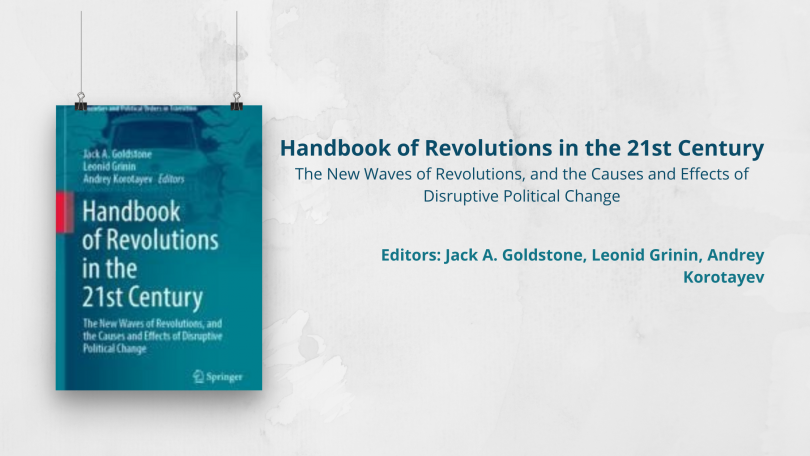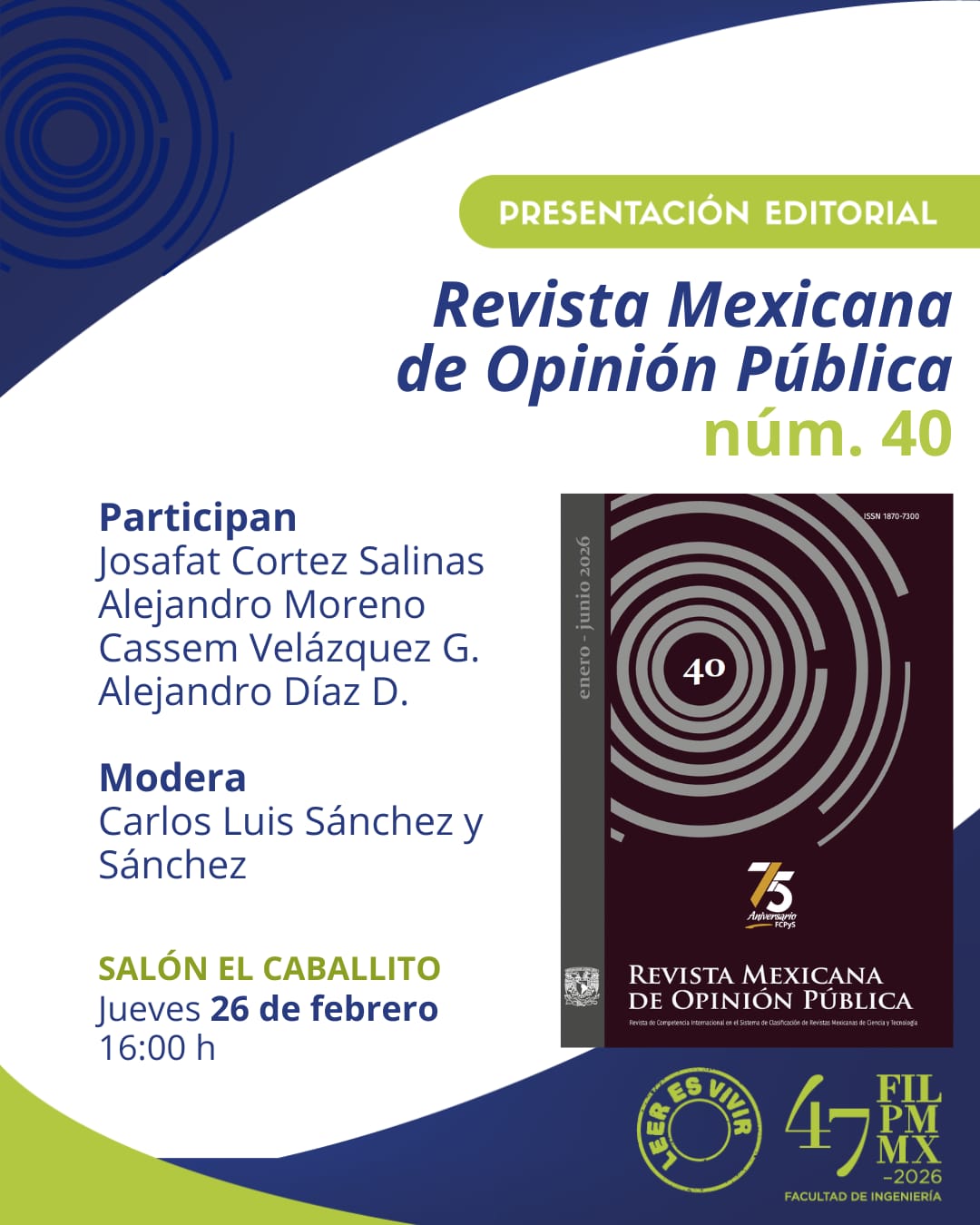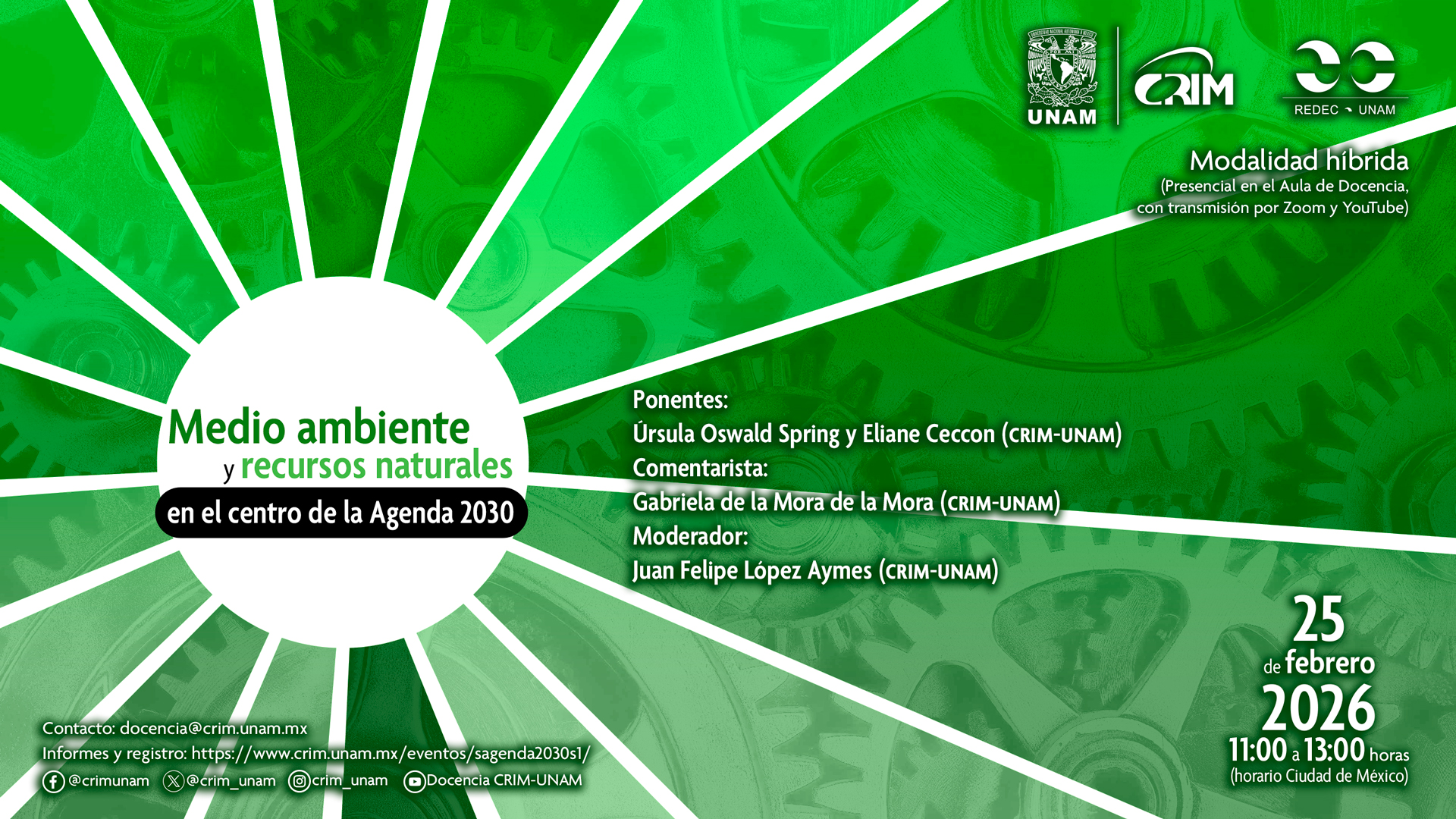Handbook of Revolutions in the 21st Century
About this book
The 21st century has witnessed a considerable and increasing number of political revolutions around the world. This contradicts the popular belief of many experts in the 1970s that revolutions occurred mainly in monarchies and empires. Instead, the revolutions of this century have several new characteristics, which call for a renewed analysis of the subject.
This handbook offers a comparative perspective on the new wave of revolutions of the last decade. Presenting case studies on the color revolutions, the Arab revolutions of 2010–2011, and the global wave of revolutions in 2013–2018 that spanned regions ranging from Africa to the Caucasus, it offers a better understanding of the varied forms, features, and historical backgrounds of revolutions, as well as their causes. Accordingly, it highlights recent revolutions in their historical and world-systems contexts.
The handbook is divided into seven parts, the first of which examines the history of views on revolution and important aspects of the theory of revolution. The second part analyzes revolutions within long-term historical trends and in their world-system contexts. In turn, the third part explores specific major revolutionary waves in history. The fourth part analyzes the first revolutionary wave of the 21st century (2000–2009), the so-called color revolutions, while the fifth discusses the second wave – the Arab Spring (2010–2013) – as an important turning point. The sixth part is dedicated to analyzing revolutions and revolutionary movements beyond the Arab Spring and some revolutionary events from the third wave that began in 2018. The seventh and final part offers forecasts on the future of revolutions. Given its scope, the book will appeal to scholars and students from various disciplines interested in historical trends, sociopolitical change, contentious politics, social movements, and revolutionary processes involving both nonviolent campaigns and political violence.
»Once again, this volume demonstrates the kind of open-minded, systematic analysis that the field of revolutionary studies requires.» (Prof. George Lawson, Department of International Relations, Australian National University Canberra)
Buy eBook
Te puede interesar
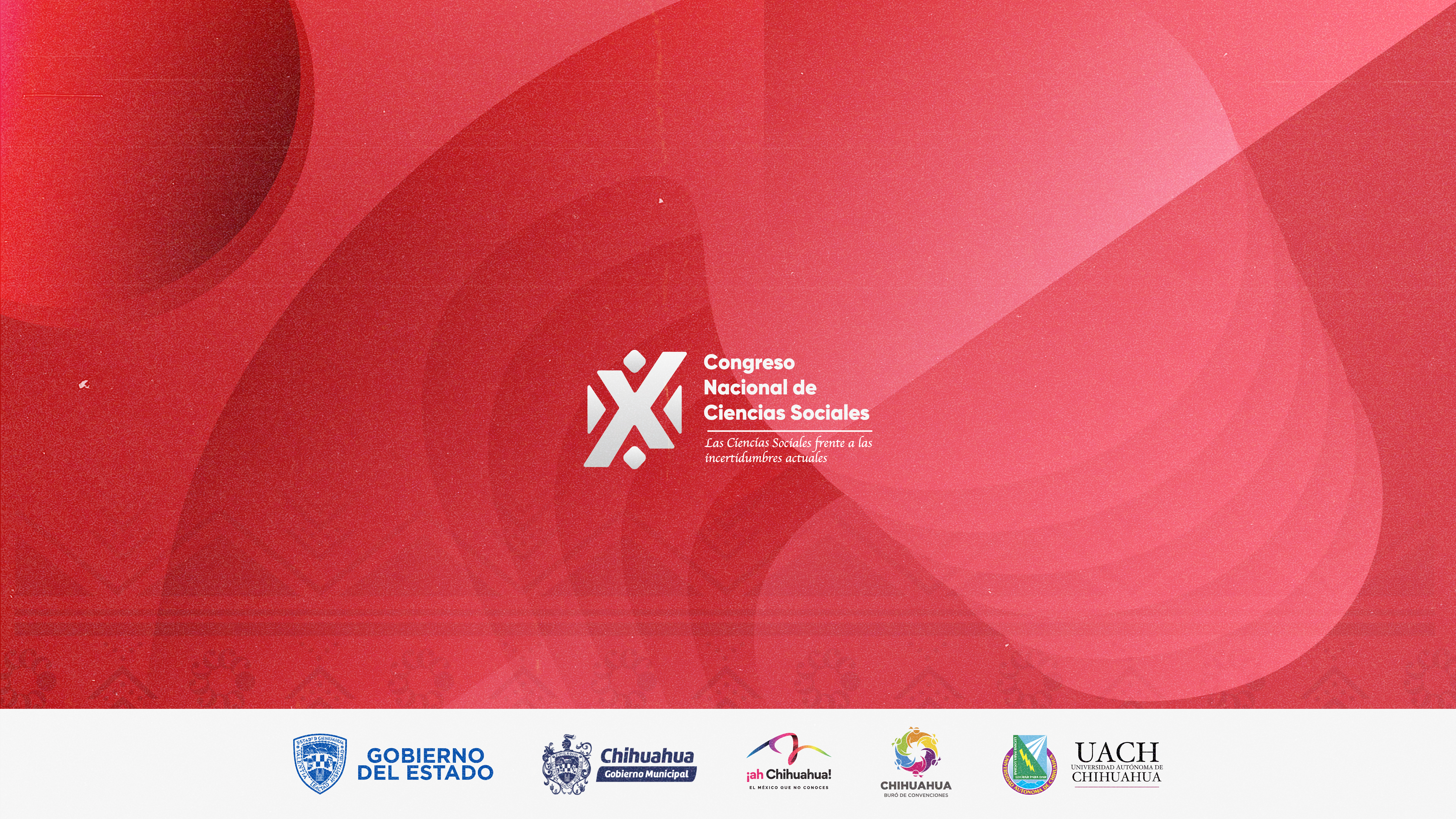
Convocatoria Feria del libro
Laura Gutiérrez - Feb 18, 2026FERIA DEL LIBRO X CONGRESO NACIONAL DE CIENCIAS SOCIALES “Las Ciencias Sociales frente a las incertidumbres actuales” INVITACIÓN Información general…

Hoteles con convenio | X Congreso Nacional de Ciencias Sociales
Laura Gutiérrez - Ene 28, 2026X Congreso Nacional de Ciencias Sociales Las Ciencias Sociales frente a las incertidumbres actuales del 23 al 27 de marzo…

Memorias del IX Congreso Nacional de Ciencias Sociales
Roberto Holguín Carrillo - Jul 02, 2025IX Congreso Nacional de Ciencias Sociales Las ciencias sociales y los retos para la democracia mexicana. Realizado en el Instituto…
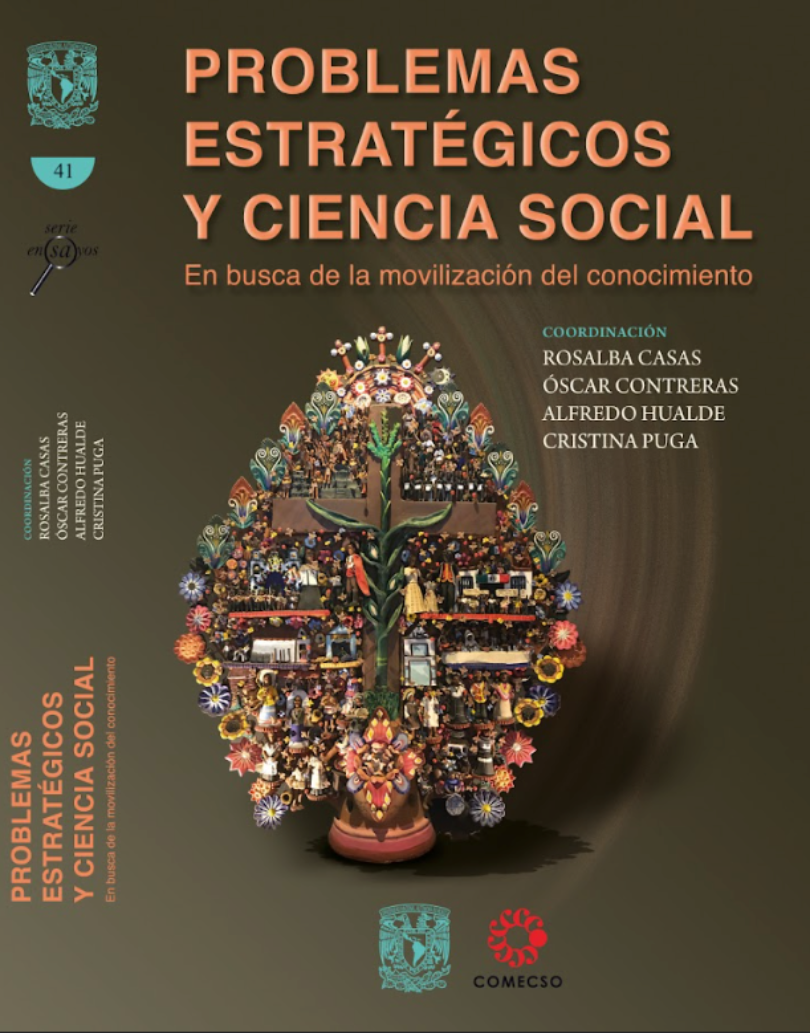
Problemas Estratégicos y Ciencia Social
comecso - Feb 18, 2026¡Nueva publicación, ineludible para quienes se desarrollan en el ámbito de las Ciencias Sociales! Nos complace anunciar la reciente publicación…
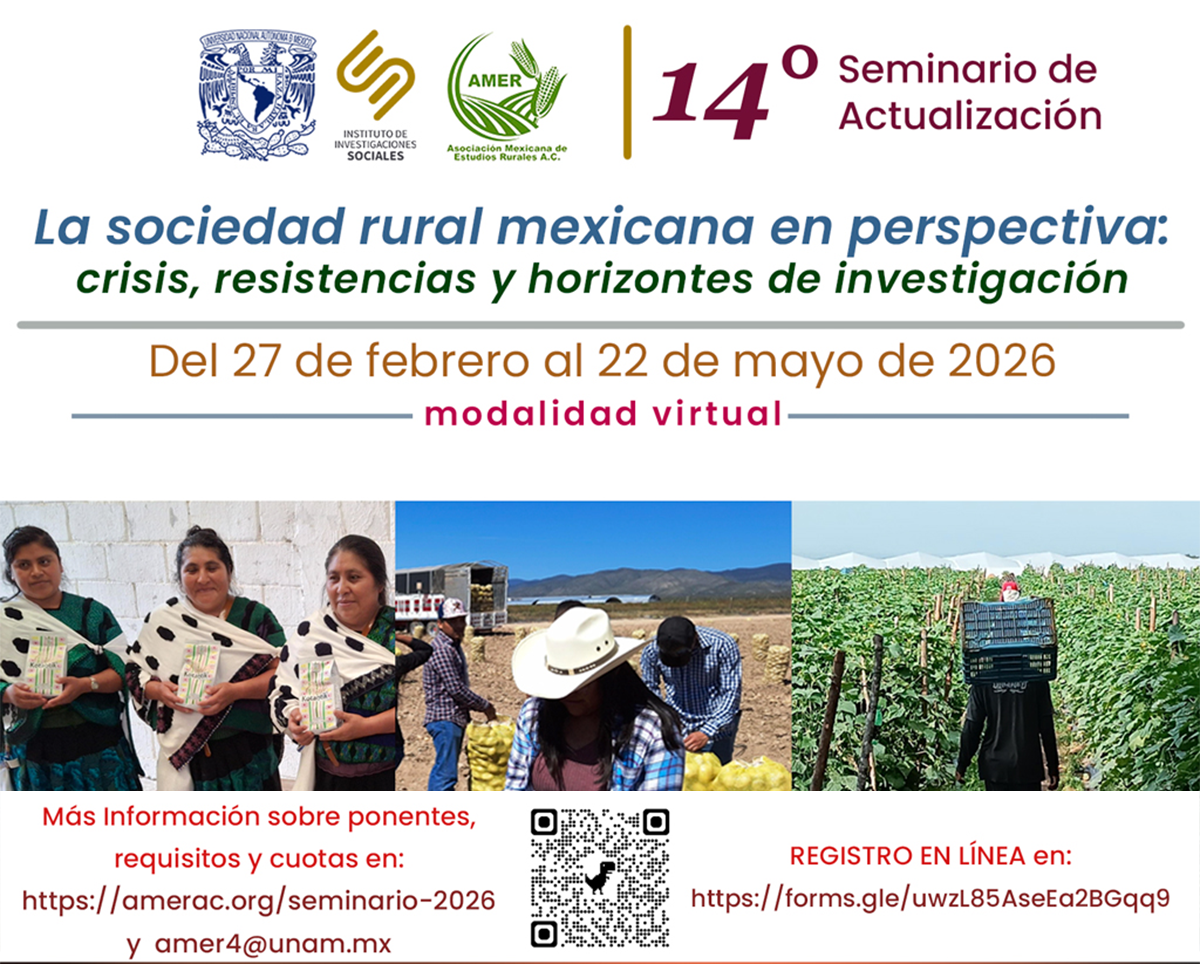
La sociedad rural mexicana en perspectiva
Laura Gutiérrez - Feb 18, 2026Universidad Nacional Autónoma de México, Instituto de Investigaciones Sociales y la Asociación Mexicana de Estudios Rurales, A.C. 14° Seminario de actualización…
